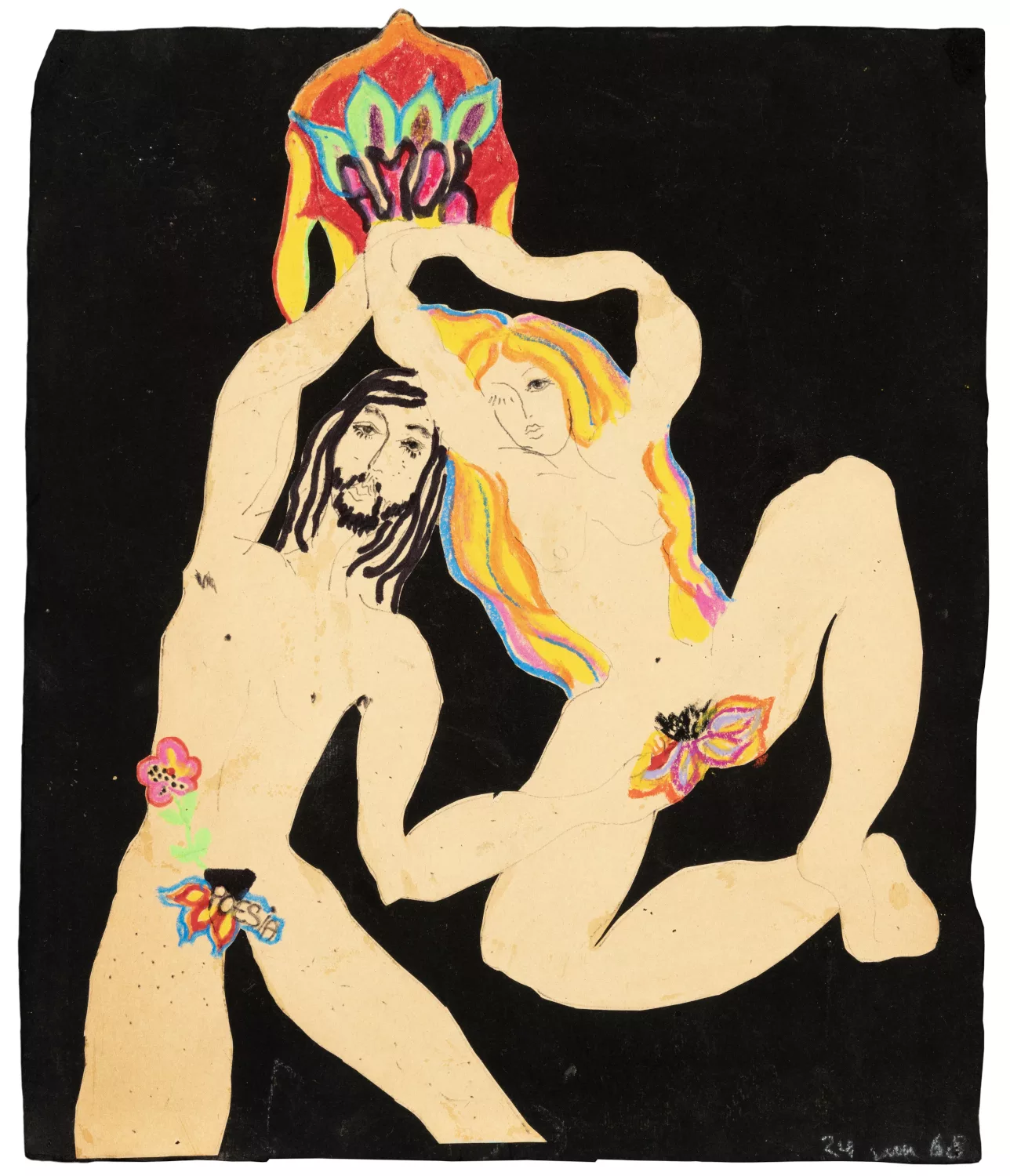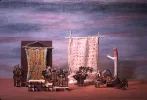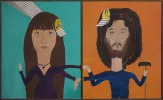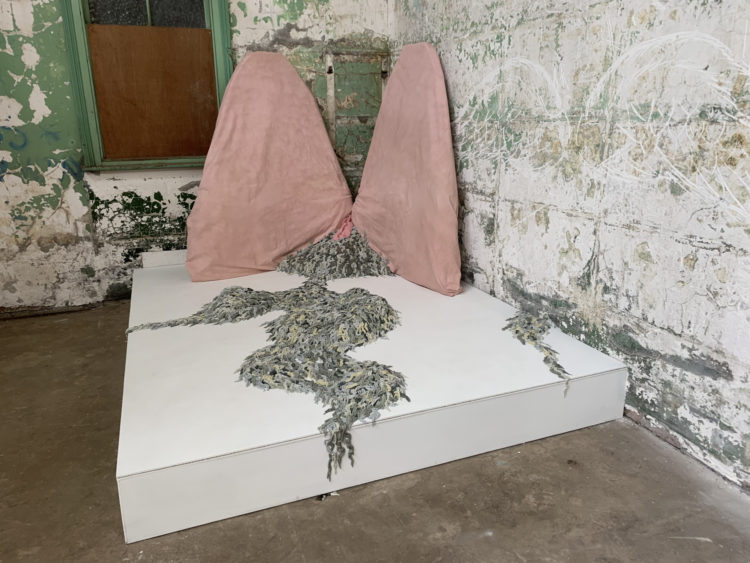Cecilia Vicuña
López, Miguel A. (ed.), Cecilia Vicuña. Dreaming Water. A Retrospective of the Future (1964-…), exh. cat., Museo Nacional de Bellas Artes de Santiago, Santiago (12 May–13 September, 2023); Museo Latinoamericano de Buenos Aires, Buenos Aires (8 December, 2023–2 February, 2024); Pinacoteca do Estado de São Paulo, São Paulo (18 May–15 September, 2024), Santiago, Buenos Aires, Madrid, RM Verlag, 2023
→López, Miguel A. (ed.), Cecilia Vicuña. Seehearing the Enlightened Failure, Rotterdam, Witte de With, 2019
→De Zegher, M. Catherine (ed.), The Precarious: The Art and Poetry of Cecilia Vicuña, Hanover, New England UP, 1997
Cecilia Vicuña. Soñar el agua. Una retrospectiva del futuro (1965-…), Museo Nacional de Bellas Artes de Santiago, Santiago, 12 May–13 September, 2023; Museo Latinoamericano de Buenos Aires, Buenos Aires, 8 December, 2023–2 February, 2024; Pinacoteca do Estado de São Paulo, São Paulo, 18 May–15 September, 2024
→Cecilia Vicuña. Brain Forest Quipu, Tate Modern, London, 11 October, 2022–16 April, 2023
→Cecilia Vicuña: Spin Spin Triangulene, Solomon R. Guggenheim Museum, New York, 27 May–5 September, 2022
Chilean poet and multidisciplinary artist.
Cecilia Vicuña is a poet, visual artist, filmmaker and feminist activist. Through her practice as an artist since the 1960s she has developed a radical perspective on the relationship between art and politics. Between 1966 and 1971 she studied art education at the Universidad de Chile fine arts faculty. She also obtained a postgraduate degree from the Slade School of Fine Arts in London (1972–1973).
After the government of the democratically elected Socialist president Salvador Allende was overthrown by a military coup led by General Augusto Pinochet on 11 September 1973, C. Vicuña chose not to return to Chile and remained in London as a political exile. There, together with Guy Brett (1942–2021), John Dugger (1948–2023) and David Medalla (1948–2020) she cofounded Artists for Democracy in 1974. In the following year she moved to Colombia, where she spent five years. In 1980 she moved to New York, where she still lives today.
In the 1960s, C. Vicuña coined the term “precarious art” to describe her sculptures made from debris found on beaches and streets. These works were designed to disappear into the ocean and the seascape. During that same period, she began making quipus (meaning “knots” in the Quechua language), which first appeared in her poems and then as textile sculptures inspired by the Andean record-keeping system using strings and knots made from fibres taken from the fur of camelids. When the Spanish conquered Peru they destroyed the quipus because they considered them a form of idolatry. C. Vicuña conceives of them as three-dimensional poems, and has produced more than a hundred during ritual performances where she weaves together the landscape and people so as to reconnect the Earth and the cosmos.
C. Vicuña has authored more than forty books of art and poetry published in Latin America, Europe and the United States. Her most notable recent publications include The Theran Spiral: Involute of a Circle (with James O’Hern, 2024), Diario estúpido [Stupid journal, 2023], Cruz del sur [Cross from the South, 2020], and New & Selected Poems of Cecilia Vicuña (edited by Rosa Alcalá, 2018).
There have been two career surveys of her work. One was Cecilia Vicuña. Seehearing the Enlightened Failure at the Kunstinstituut Melly (formerly called the Witte de With), Rotterdam, in 2019. This show was later presented at the Museo Universitario de Arte Contemporáneo – UNAM, Mexico City; the Centro de Arte 2 de Mayo, Madrid; and the Museo de Arte Miguel Urrutia, Bogota. The other survey, Cecilia Vicuña. Soñar el agua. Una retrospectiva del futuro (1965-…) was co-produced and presented by the Museo Nacional de Bellas Artes in Santiago, Chile; the Museo Latinoamericano in Buenos Aires; and the Pinacoteca do Estado in São Paulo, in 2023–2024. She has also had recent solo shows at Tate Modern, London (2022) and the Solomon R. Guggenheim Museum, New York (2022). Her work was included in documenta 14, in Athens and Kassel, in 2017; and the 59th Venice Biennale in 2022.
In 2023, C. Vicuña won Chile’s Premio Nacional de Artes Visuales. In 2022, she received the Golden Lion for Lifetime Achievement at the Venice Biennale, and in 2018 she was awarded the Premio Velázquez de Artes Plásticas by the Spanish Ministry of Culture and Sport.
In collaboration with the Fondation Cartier pour l’art contemporain
© Archives of Women Artists, Research and Exhibitions, 2025


























